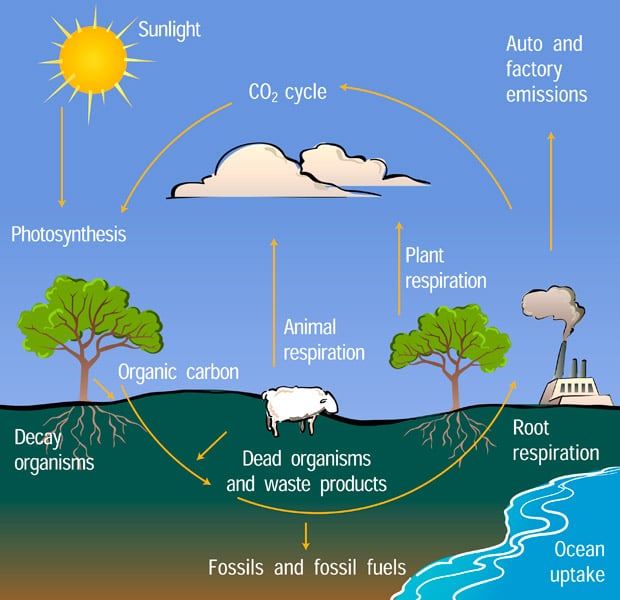

The environmental impact of our dietary choices has become an increasingly important topic in the fight against climate change. Veganism, in particular, has been promoted as a way to reduce our environmental footprint. But what does the scientific evidence actually tell us about the relationship between vegan diets and environmental conservation?
Water Conservation
Animal agriculture is one of the most water-intensive industries on the planet. To produce one pound of beef, approximately 1,800 gallons of water are required. This includes:
- Water for growing feed crops
- Drinking water for livestock
- Water for cleaning facilities and processing meat
In comparison, plant-based proteins require significantly less water:
- Tofu: 302 gallons per pound
- Lentils: 704 gallons per pound
- Beans: 552 gallons per pound
Just by switching from beef to plant-based proteins, an individual could save hundreds of thousands of gallons of water per year.
Forest Preservation
Deforestation, particularly in regions like the Amazon rainforest, is directly linked to animal agriculture. The primary drivers are:
- Clearing land for cattle grazing
- Growing soy for animal feed (about 77% of global soy production goes to livestock)
Research from the World Resources Institute shows that producing 100 grams of protein from beef requires 163 square meters of land, while the same amount of protein from beans needs only 8 square meters. This striking difference demonstrates how shifting towards plant-based diets could significantly reduce pressure on the world’s forests.
Carbon Dioxide and Greenhouse Gas Emissions
Animal agriculture contributes to greenhouse gas emissions in several ways:
- Direct methane emissions from livestock (particularly cattle)
- Carbon dioxide from deforestation
- Emissions from growing and transporting animal feed
- Energy used in processing and refrigeration
According to the UN’s Food and Agriculture Organization, animal agriculture accounts for about 14.5% of global greenhouse gas emissions. A study published in Science showed that producing 100 grams of protein from beef generates about 50 kg of greenhouse gas emissions, while the same amount of protein from peas produces just 0.4 kg.
The Impact of Individual Choice
Switching to a vegan diet can result in significant environmental savings:
- Average reduction in personal carbon footprint: 1.5 tons CO2e per year
- Water savings: Over 600,000 gallons annually
- Land use reduction: About 75% less agricultural land needed
Beyond Individual Actions
While individual dietary choices matter, it’s important to note that systemic changes are also necessary. This includes:
- Policy reforms supporting sustainable agriculture
- Investment in plant-based food technology
- Improved infrastructure for sustainable farming
- Education about environmental nutrition
Conclusion
The evidence clearly shows that veganism can indeed help save water, preserve forests, and reduce CO2 emissions. While no single solution will solve our environmental challenges, adopting a plant-based diet represents one of the most impactful individual choices we can make for environmental conservation.
For those considering the switch, remember that even partial changes matter. Starting with “Meatless Mondays” or gradually reducing animal product consumption can make a meaningful difference in your environmental impact.
[All statistics and figures cited in this article are based on scientific research and reports from environmental organizations. For the most current data, readers are encouraged to consult recent environmental impact studies and reports.]